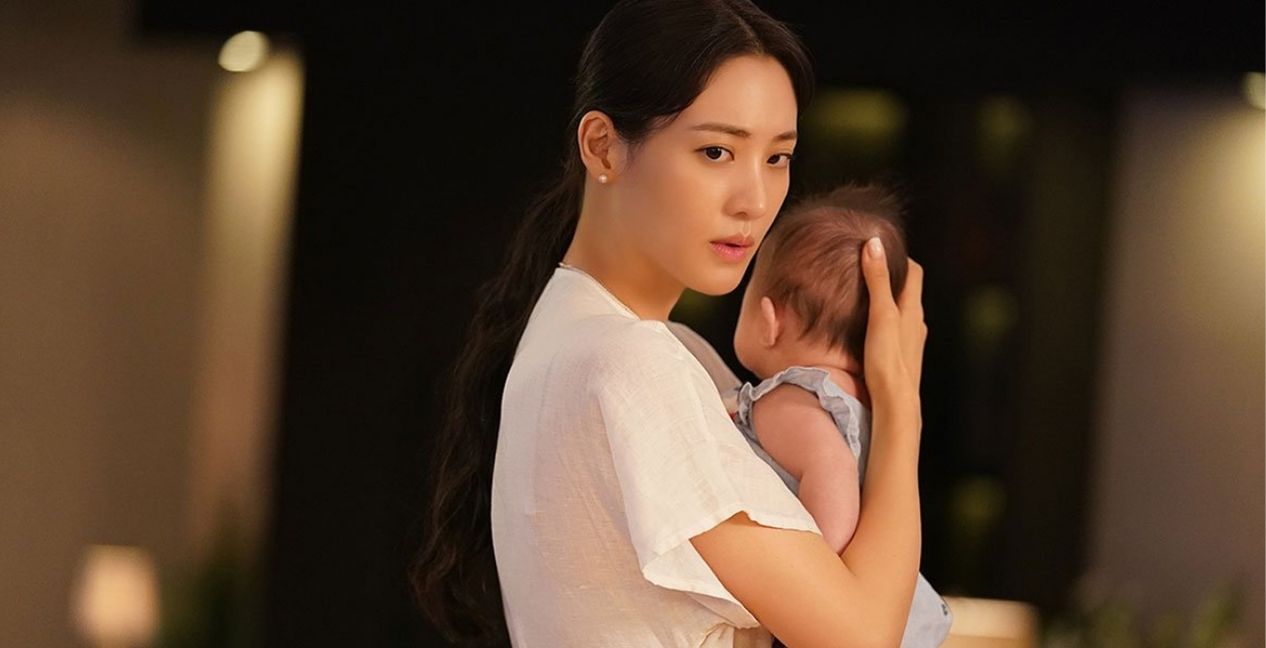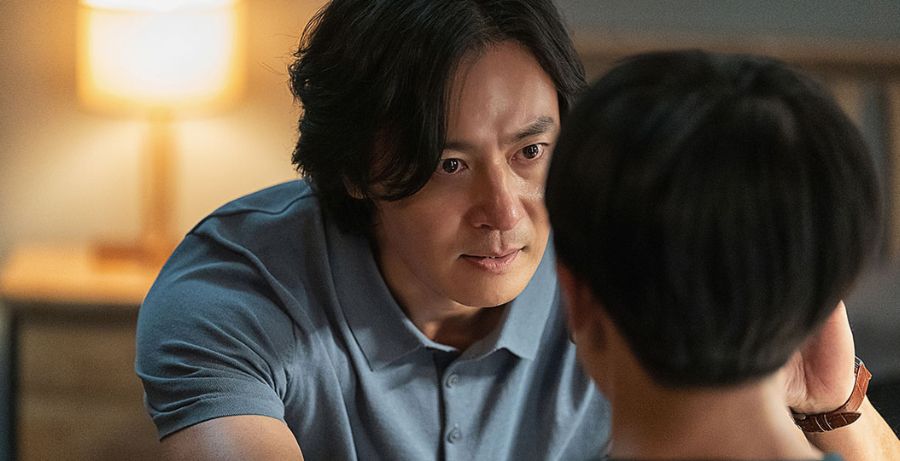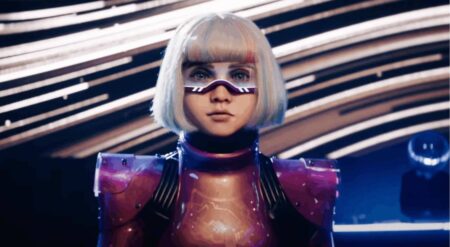Humans are malleable creatures. We often say one thing and do the other, with one’s true self becoming wholly apparent when push comes to shove. That’s why it’s very easy to take the moral high ground when one’s skin isn’t in the game. Hur Jin-ho’s A Normal Family, like many films before it, explores that uncomfortable truth, dissecting the moral quandaries and concessions that pervade nepotism, privilege, and remorse.
But Jin-ho’s drama separates itself with its structural reliance on dichotomies. It gives the audience two separate dilemmas with completely different emotional stakes and then slowly traces the moral decline and hypocrisy of its characters. The result is a cathartic, engrossing, and interrogative film that consistently prods audiences into questioning whether they’d stay true to themselves, given a similar conundrum.
Loosely adapted from Herman Koch’s Dutch novel “The Dinner,” A Normal Family begins with one of those dichotomies, inviting audiences into interlaced but disparate worlds of two brothers—Jae-wan (Sul Kyung-gu) and Jae-gyu (Jang Dong-gun). Jae-wan’s moral compass—or lack thereof— is established early on. He’s a successful lawyer who takes the case of a rich executive’s son who has run over and killed a man and left his daughter in critical condition.
Jae-wan doesn’t bat an eye, managing to get the killer off with a measly settlement and nabbing another win in his dubious portfolio. On the opposite end, his younger brother, Jae-gyu, is a diligent, upstanding surgeon who puts patients above profit, in direct conflict with his private clinic’s bottom line. The two couldn’t be any more different, gravely disagreeing with the outcome of the case at an expensive monthly dinner they attend with their wives (Kim Hee-ae and Claudia Kim).
A Normal Family doesn’t hesitate in prodding its audience, resulting in impactful catharsis.

Jin-ho takes his time setting up the stakes and fleshing out the contours of the moral milieu his characters exist within. Moreover, Jin-ho, along with his cinematographer Go Rak-sun, painted this portrait of privilege and decadence with crisp, lateral camerawork, lending depth to each space with purposeful lighting and blocking.
The world of A Normal Family is one that is luxurious to behold but flush with malice beneath its surface. The gorgeously rendered depictions of lavish food also reinforce the privileged existence of these characters, who are given the luxury to not only carefully plan their next steps but simply choose between right and wrong— a decision rarely afforded to the other families that look up to them. The sweeping orchestral score by Cho Sung-woo also reinforces this commentary. Although, at times, it can be too iterative of Nicholas Britell’s work in Succession, becoming a distraction at key moments.
At a second dinner, the two families are faced with a similar moral dilemma, but this time, it directly involves their children, who look awfully like the two hooligans caught beating a homeless man to near death on a CCTV camera. The brothers’ moral backbone quickly snaps as they’re faced with a critical decision: turn their kids over to the authorities or shelter them from justice.
How events transpire forces us to look at our own moral values when challenged.

It’s here where A Normal Family’s structural prowess takes hold. The screenplay, co-penned by Park Eun-kyo and Park Joon-seok, meticulously examines how quickly one’s principles can be abandoned when direct threats are made to the dynamics of their life. The fraternal relationship takes a slow but calculated turn as the two become the opposites of what they’ve espoused their entire lives. This transition is both cathartic and heartbreaking to witness.
The two central performances by Kyung-gu and Dong-gun do a stellar, convincing job of capturing that transformation. Their beleaguered, conflicted faces perfectly capture the weight of each decision and concession. In particular, Hee-ae lends gravitas to a woman who struggles to reconcile her son’s character, which she has molded in her image, with his actions. Her turn is relatable in the extreme, becoming all too easy to understand why her first reaction is to deny her son’s involvement despite a swath of contradictory evidence.
For all the bracing questions A Normal Family poses, it does undercut its philosophical edge by leaning a tad too hard into the melodramatic—especially during its conclusion. Its strong final act does a captivating job pushing each character to their breaking point and revealing who they truly are, but at the last second, the film overdoes it, becoming too unbelievable and indulgent.
Nevertheless, A Normal Family is a strong think piece, one that provokes a deep look inward to expose our true selves.
A Normal Family screened as part of the 2023 Toronto International Film Festival. It is opening in theatres on April 25, 2025, in Los Angeles and New York, with more theatrical openings to follow.
A Normal Family
-
Rating - 7.5/107.5/10
TL;DR
A Normal Family is a strong think piece, one that provokes a deep look inward to expose our true selves.







